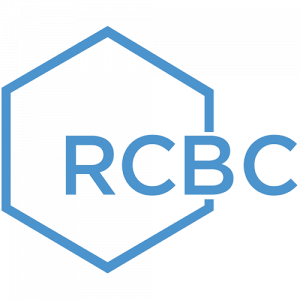Unveiling the Legal Landscape: Navigating Deceased Estates
In the somber aftermath of losing a loved one, dealing with the legal intricacies of their estate can be overwhelming. Understanding the legal requirements for handling a deceased person’s estate is paramount, providing both clarity and a roadmap during a challenging time.
The Probate Puzzle: A Closer Look
Navigating Probate Proceedings
Probate, a crucial legal process, involves validating the deceased’s will and ensuring a smooth distribution of assets. Executors play a pivotal role in this phase, making sure that the wishes outlined in the will are carried out easily.

Executor’s Duties Decoded
Understanding the Executor’s Role
The executor shoulders the responsibility of starting the probate process. Whether it is identifying and appraising assets or settling debts and distributing inheritances, their role is diverse. Clear communication with beneficiaries is crucial to lessen potential disputes.
Unveiling Intestate Succession
What Happens Without a Will?
When a person passes away without a will, intestate succession laws come into play. These laws determine how assets are divided among heirs, emphasizing the importance of proactive estate planning to avoid complications.
Asset Appraisal: A Prerequisite for Distribution
Valuing the Estate’s Assets
Accurate appraisal of the deceased’s assets is pivotal for fair distribution. Real estate, financial accounts, and personal belongings must be meticulously assessed to determine their market value, ensuring an equitable inheritance for beneficiaries.

Debunking Debts and Liabilities
Addressing Financial Obligations
Settling the deceased’s debts is a crucial step in the probate process. Executors must identify and resolve outstanding financial obligations before giving out assets to beneficiaries, avoiding legal entanglements down the road.
Probate vs. Non-Probate Assets
Distinguishing Asset Categories
Understanding the distinction between probate and non-probate assets streamlines the estate settlement process. While probate assets undergo court validation, non-probate assets, such as life insurance policies, pass directly to designated beneficiaries, bypassing probate.
Navigating with Compassion and Compliance
In conclusion, understanding the legal requirements for managing a deceased person’s estate is necessary during a challenging period. Executors, armed with knowledge about probate, asset appraisal, and debt resolution, can navigate the complex legal landscape with compassion and compliance, ensuring a smooth transition for beneficiaries. In times of grief, clarity in legal matters provides solace and facilitates the honoring of a loved one’s legacy.














